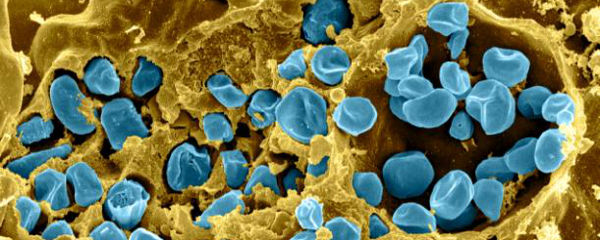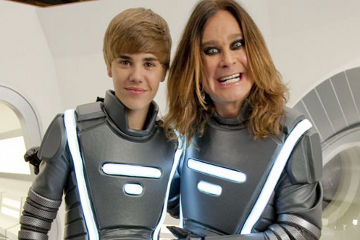What I’ve Learned:
“Mpemba effect: Warm… hot!… HOT! Cold.”
Science is sometimes all about observation — particularly when the thing being observed makes no damned sense, and clearly needs some brainy scientist to figure it out and explain it. For instance, take the following observation:
Under certain conditions, warm water will freeze faster than cold water.
I told you it made no damned sense. This is real up-is-doAwn, black-is-white, Tom-and-Jerry-living-together-in-scandalous-nude-beach-sin kind of stuff.
But it’s also true, and the phenomenon has drawn attention for millennia. Some of the greatest minds of the Western world have puzzled over the problem — Aristotle, Sir Francis Bacon and Rene Descartes, for three. They all tried to suss out why hot water can sometimes freeze faster, and all of their explanations had one thing in common:
They were fairly spectacularly wrong.
To be fair, none of these guys was a professional waterologist, or whatever esoteric specialty the question would fall under. Still, that’s a pretty all-star lineup to be stumped by a puddle of warm water. That’s like the Harlem Globetrotters botching a layup. It simply isn’t done — and it’s probably why the phenomenon isn’t named for any of those people.
The person it is named for is Erasto Mpemba, who was neither a famous (yet) scientist nor a globetrotting basketball trickster. Instead, he was a young student in the 1960s in Tanzania when he asked visiting physics lecturer Denis G. Osborne what gives with this quick-freezing hot water business. Between them, they repeated and confirmed the basic observation, published a short paper on the subject in 1969, and the phenomenon has been known as the Mpemba effect ever since.
Which seems a little like cheating, since Mpemba didn’t really explain what was causing it, either. The lesson here seems to be: if you want something named after you in science, you need to wait for a historical period littered with hippies, when maybe the rules for taking credit are relaxed a little bit. If more of Francis Bacon’s peers had smoked weed and played the sitar, maybe the Mpemba effect would be all his, instead. We’ll never know.
(Also, if your last name is “Osborne”, you’re going to have to do some way crazier shit to get people to remember you. That bar’s set pretty high at this point.)
But there’s another lesson (and some actual science) in more recent work on the matter. The lesson is: if some weirdo science thing is already named after someone, doing the work to actually explain it still won’t get your name on it. Happily, that didn’t stop Xi Zhang and colleagues in 2013 from digging in and getting their hands dirty, mechanistically speaking.
They concluded that the Mpemba effect occurs due to hydrogen bonding in water. These hydrogen bonds across water molecules, much weaker than the covalent bonds holding oxygen and hydrogen atoms within the molecules together, can form and stretch and break at will. It’s known that hydrogen bonds in water compress the covalent bonds, and that heating water will push the molecules further apart, stretching the hydrogen bonds — and further squishing the covalent ones.
The idea is that “hotter water”, with its more tightly spring-wound energy tied up in covalent bonds, will release this energy more quickly than cooler water. Losing this energy is a type of cooling, so the heated water really will cool — and freeze — faster. It’s a neat and tidy explanation for a quirky “stupid water trick”.
Is it right? The debate is still out. Some scientists argue that greater evaporation in the heated water is the main force at work, while others attribute Mpemba effects to gases dissolved in the water samples. It’ll take a lot more scientist frostbite — sorry, make that scientists’ graduate student frostbite — before anyone reaches a consensus.
Meanwhile, Erasto Mpemba can rest easy, knowing that he brought to light a puzzle haunting humankind since the time of the ancient Greeks — even if he didn’t bother to explain it. Thanks, hippies!



